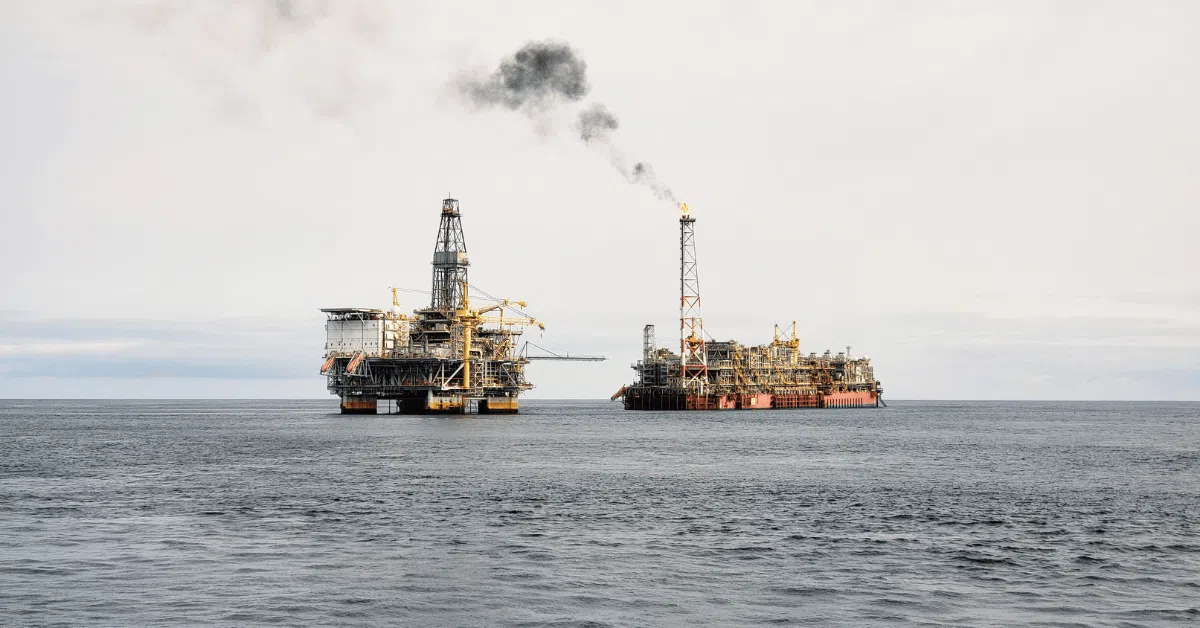IMCA diving manager, Bill Chilton, warns of the dangers of training schools promising IMCA-approved in-water diver training
A troubling issue has surfaced within the global diving community: the rise of rogue training schools falsely claiming to offer ‘IMCA approved in-water diver training’.
This phenomenon – which misleads student divers and misrepresents IMCA’s role in maintaining safety standards – not only undermines the integrity of our industry, but also jeopardises the safety and professionalism of divers worldwide.
IMCA does not approve individual diving schools, nor does it issue certificates for in-water diver training. Our focus has always been on ensuring the highest safety and competency standards across the sector, recognising training certificates endorsed by credible national or regional authorities.
Unfortunately, many trainee divers have been misled, investing considerable sums of money — often thousands of dollars — into training programmes that falsely promise an ‘IMCA qualification’. We have heard heartbreaking stories from trainee divers on the impact this has had on their careers.
These individuals emerge from these institutions under the mistaken belief that their certificates are recognised by IMCA, only to find themselves facing unexpected barriers in their professional journeys. The financial and emotional toll of such experiences is significant.
“Many trainee divers have been misled”
Before making any financial commitments, we urge prospective students to carry out due diligence – to verify the safety records of the schools, to seek confirmation that the certificates they issue are officially recognised by IMCA, and to check that schools ensure compliance with the highest safety standards.
IMCA recognises in-water diver training certificates that are endorsed by national or regional governments or agencies appointed by them — such as a country’s navy. This distinction is critical, as it separates legitimate training standards from those issued solely by private schools, which we do not recognise. Furthermore, it is important to note that in-water diver training differs from surface-level courses approved by IMCA, such as Diver Medical Technician, Diving Supervisor, Assistant Life Support Technician, and Accredited Dive System Inspector training programmes. Each of these courses has its own set of stringent requirements to ensure the highest level of competency in specific areas of diving operations.
The ramifications of false claims extend well beyond individual divers; they erode the trust that forms the backbone of our industry. In response, IMCA has published detailed guidance on the process for recognising in-water diver training certificates; D087 –Diver Training Schools: Assessment procedure for IMCA recognition of in-water diver training qualificationssets out what IMCA expects a training school to have in place to deliver safe, high quality, in-water diver training leading to the issuance of an in-water diver training certificate recognised by IMCA.
D088 –Diver Certification and Verificationlists in-water diving qualifications recognised by IMCA and gives members information on how to verify the validity of in-water diver training certificates.
Information Note 1706 –Diver Supervisor Certificationsets out the process for IMCA’s Diving Supervisor Certification Scheme. These documents are available to IMCA members through its Technical Library.






